Rain and mosquitoes go hand in hand! Water is an essential part of the life cycle of these blood-sucking pests. Eliminating standing water after rains, cleaning out catch basins under pots, and draining water from standing fountains helps to keep the mosquitoes away; but there are many plants at the nursery that customers flock to for help. Some have tried these plants and swear by their help with the battle against mosquitoes. Most everyone is aware of citronella; its oil is infused into outdoor candles, tiki torches, and bug sprays. But other plants contain pest-repelling properties too.
Lemon Balm is a great herb with a delicious citrus smell to plant in your landscape or containers on the patio. Place it in a sunny/part shady spot on your patio around a sitting area. You can rub down a picnic table with the leaves before an outdoor meal to keep pests at bay. While it is growing outside and working to repel the mosquitoes, you can also use it inside in your kitchen. Try stuffing handfuls of the fresh leaves into a roasting chicken. Place the chicken on a bed of more handfuls of the leaves and it will keep your chicken moist and give it a delicious subtle lemon flavor while it is roasting.
Lemon Grass is another great choice that flies off the shelves at the nursery when we get it in. Its a top request for customers who swear it keeps mosquitoes from buzzing. Plant in containers strategically placed where you think the mosquitoes might strike. Make sure it gets plenty of water. Lemon Grass can also be used for cooking. Many people use lemon grass as a great flavor addition to stir fry dishes and brewed into teas. The essential oil of the lemon grass is commonly infused into soaps, candles, and perfumes.
Lemon Verbena (notice a pattern here with the “lemon” scented plants?) is a highly fragrant herb that does great in containers as long as you keep up with the watering. Plant in sun/part sun and protect from the cold. With its strong lemon scent and flavor, you can boost up the flavor of your mint ice teas or water, add to olive oil and vinegar and a mix of other herbs for a tangy citrus flavored salad dressing, and even crumble leaves finely and add to breads like zucchini and banana. You’ll be rewarded with the lemony leaves that keep their scent for several years when dried. This is one of the reasons lemon verbena is also a good choice for potpourris and sachets.
Citronella is of course a great choice to battle the mosquitoes when you crush the leaves and release the oils. Scented geraniums are in the citronella family and can be a great way to add to your pest fortress. They come in scents (flavors) like: lemon, apple, peppermint, orange, nutmeg and rose-citrus. You can use the leaves to flavor sugar by alternating layers of leaves and sugar in a jar and leave to infuse for about two weeks. Sift out the leaves and voila you have flavored sugar. The perfect place for these scented geraniums is somewhere where they can get some protection from the hot afternoon sun. How about in some pots on either side of a doorway to deter mosquitoes from sneaking inside?
Rounding out the list of mosquito repellent plants are all of the mints. There is a huge variety in the types of mints you can choose from: Orange, lemon, spearmint, chocolate, pineapple, apple, sweet, peppermint, and more. Mints are a great choice for pots because they can be invasive in the ground. If you want them in your landscape, you can bury a pot down into the soil so that the roots can be contained. Water mint regularly and keep it sheltered from scorching afternoon sun. Mints are great additions to Greek recipes in sauces and stews, chopped up in fruit salad, or crushed in the bottom of a glass waiting for the rest of a mojito to join it. Mint teas are a great way to settle an upset stomach, and just the whiff of a few crushed leaves can clear up brain fog and give you a mental boost.
By planting these aromatic and delicious plants that contain pest-repelling properties, you can kill two mosquitoes with one stone! Why not wage war against those bloodsuckers and reap extra benefits in the process? Let’s save our blood for the donation centers!
The Happy Gardener

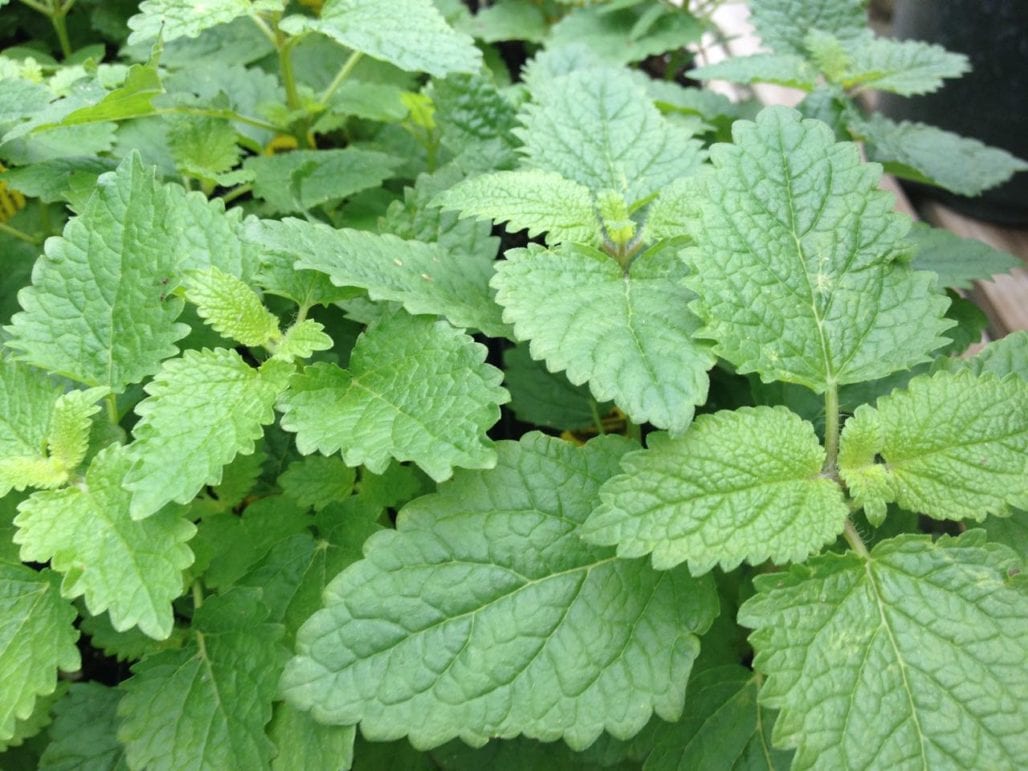
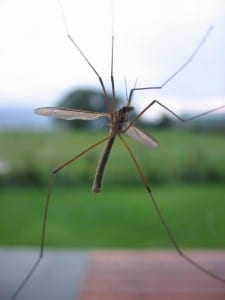
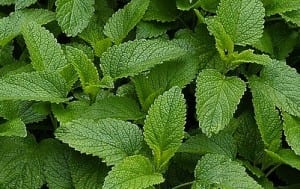
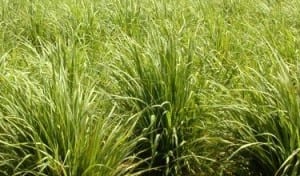
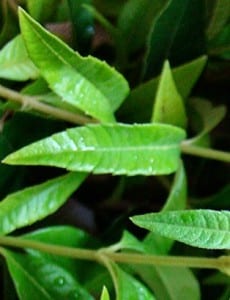
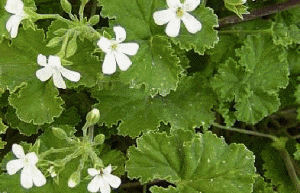
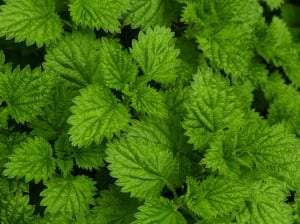
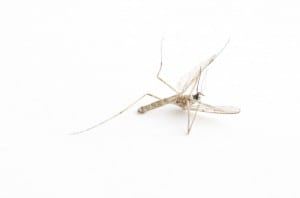
What kind of soil conditions are needed for lemonbalm and also lemon grass? Mosquitoes love me as a blood done, I need all the help I can get. Lol 😆
The general advice for soil requirements for lemongrass and lemon balm are well-drained, moist, rich loam soil with high organic content (aged compost mixed in). Choose a high nitrogen fertilizer for this vegetative herb (fisr numbe on fertilizer bag should be the highest).
Remember though, in order for these plants to do any good as far as mosquito repelling, their oils need to be released. Their leaves can be crushed and disturbed to release oils, but it’s unclear how long they stay in the air. These plants can be used in DIY mosquito repelling tinctures.